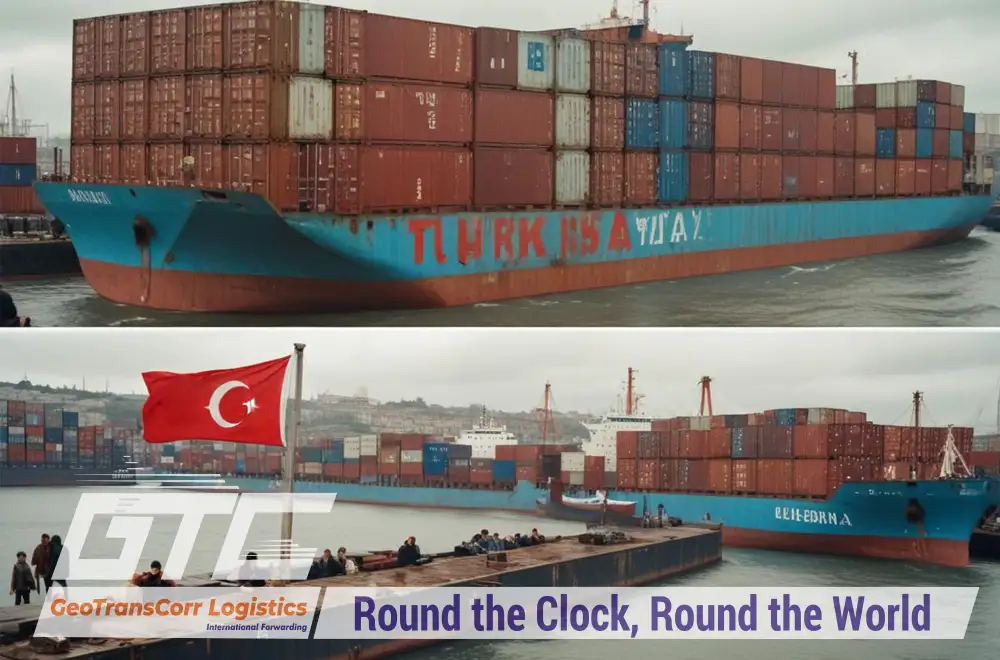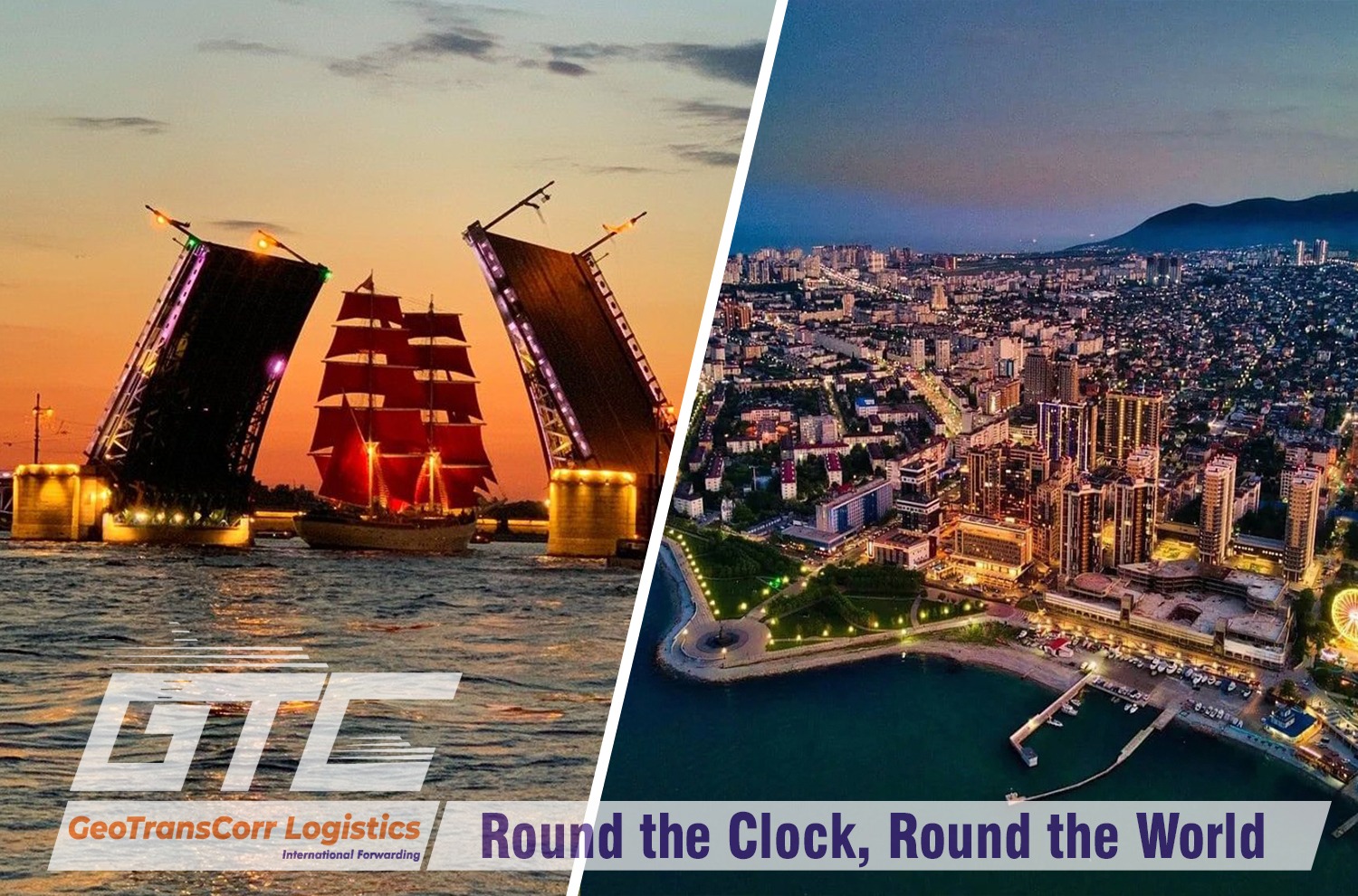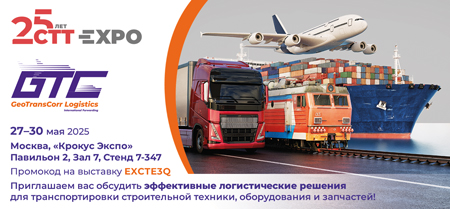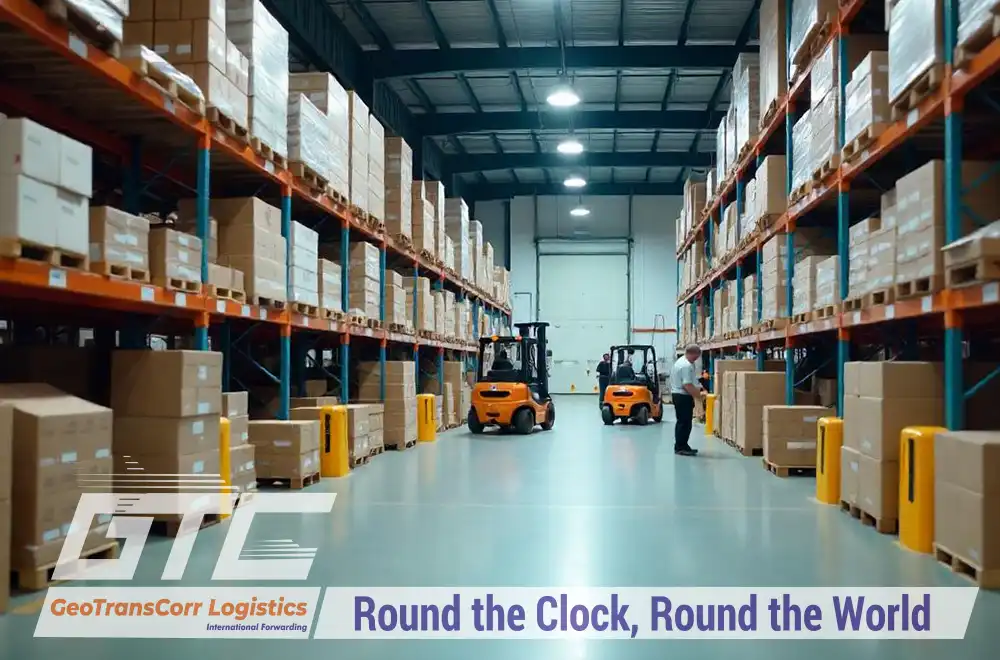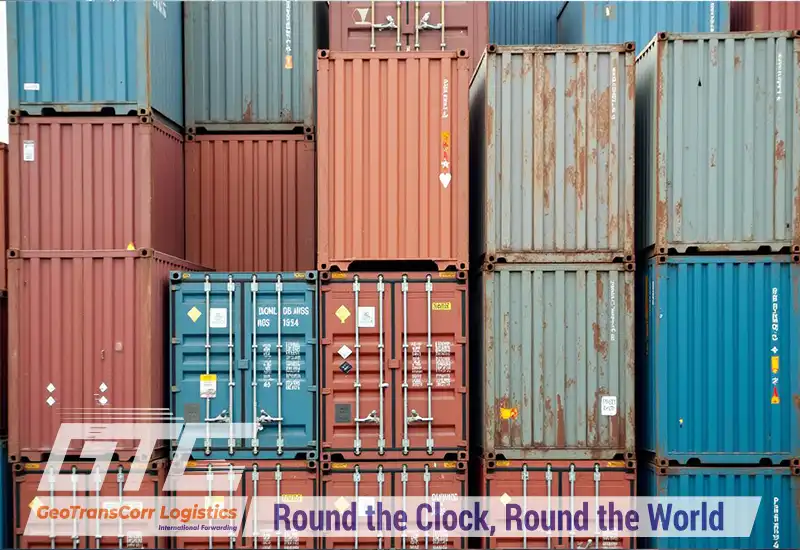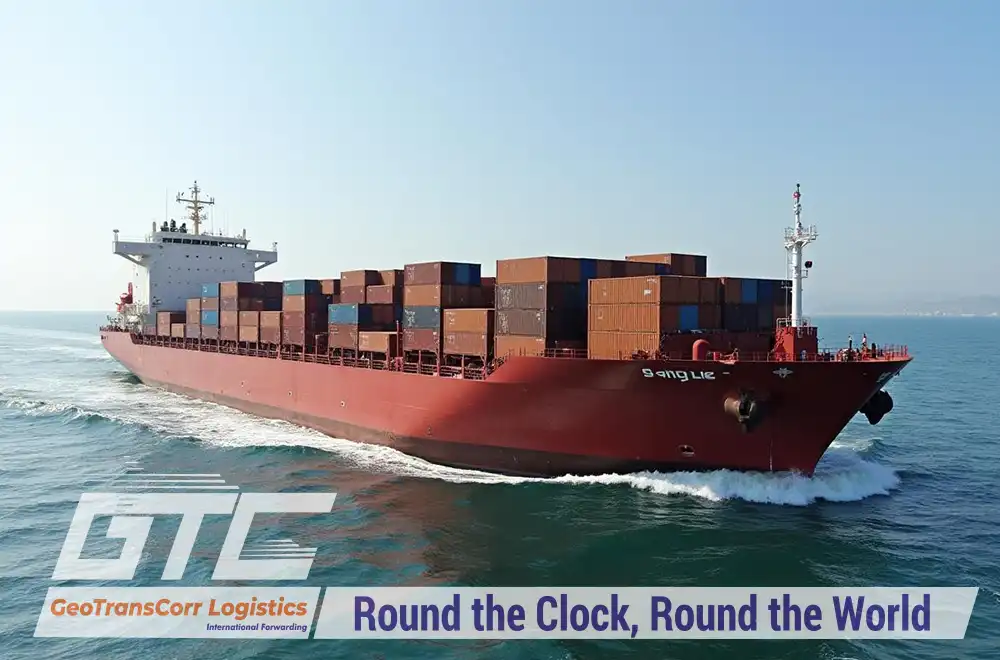The trade relationship between Russia and Turkey has evolved significantly over the past decade, showcasing substantial growth and diversification. Leveraging data from the OEC database, this blog post delves into the dynamics of Russia’s imports from Turkey and Turkey’s imports from Russia, highlighting key products and trends.
Introduction to Russia and Turkey Trade Partnership
The trade partnership between Russia and Turkey is a dynamic and evolving relationship that has seen significant growth in recent years. These two Eurasian powers, each with unique economic strengths, have increasingly leveraged their geographical proximity and complementary industries to foster robust bilateral trade. From energy resources and agricultural products to automotive parts and technology, the range of goods exchanged between Russia and Turkey highlights their mutual economic dependence and collaborative potential. This thriving trade relationship not only boosts the economies of both nations but also underscores their strategic importance on the global trade stage.
Turkey’s Exports to Russia
In 2022, Turkey exported goods worth $9.24 billion to Russia. This marks a significant growth from $1.23 billion in 2017, reflecting an impressive annualized growth rate of 20.9%. The primary products exported from Turkey to Russia included:
- Citrus: $430 million
- Motor vehicles; parts and accessories: $329 million
- Pitted Fruits: $298 million
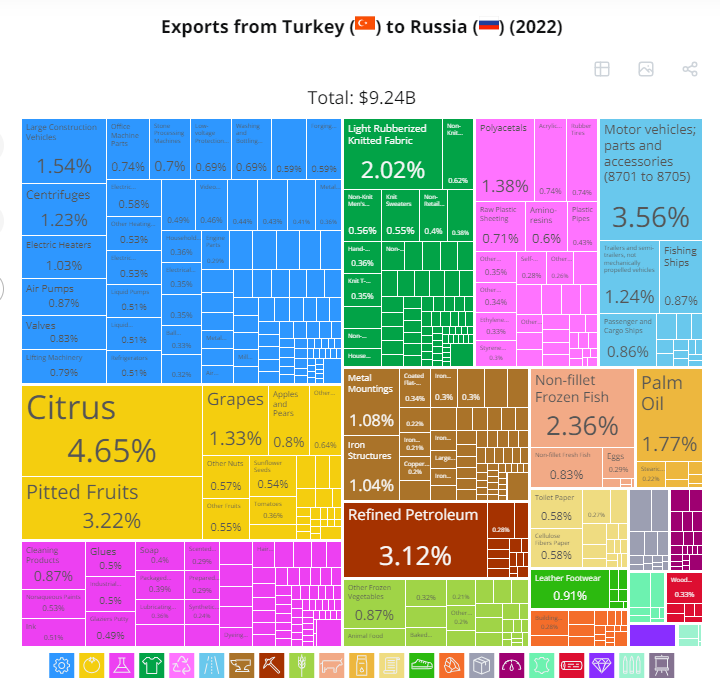
These figures illustrate Turkey’s strong agricultural sector, particularly in citrus and pitted fruits, and its growing automotive industry.
In the services sector, Turkey exported services valued at $1.23 billion to Russia, predominantly driven by travel services ($1.22 billion), with other business services and insurance services contributing $9.3 million and $7.23 million, respectively.
Russia’s Exports to Turkey
On the other hand, Russia exported a substantial $25.3 billion worth of goods to Turkey in 2022. This is a dramatic increase from $1.87 billion in 2017, representing an annualized growth rate of 48.6%. The main exports from Russia to Turkey were:
- Refined Petroleum: $6.51 billion
- Coal Briquettes: $3.2 billion
- Wheat: $2.05 billion
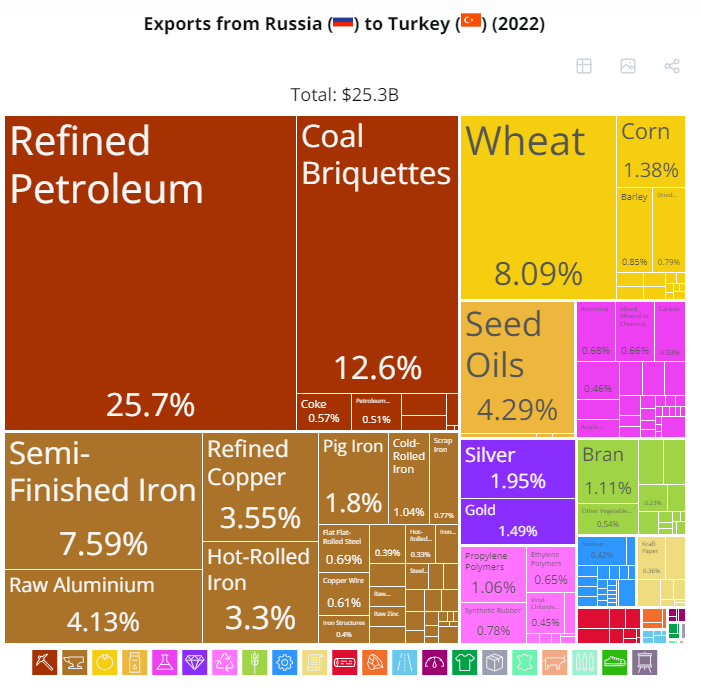
These exports underscore Russia’s dominance in energy resources and agricultural products, particularly petroleum, coal, and wheat.
In terms of services, Russia exported services worth $953 million to Turkey. The key sectors included construction services ($449 million), transportation services ($235 million), and other business services ($191 million).
Comparative Analysis
When comparing the economic complexities and export capacities of both nations in 2022, several insights emerge:
- Economic Complexity Index (ECI): Turkey ranked 41st with an ECI of 0.6, while Russia ranked 47th with an ECI of 0.43.
- Total Exports: Turkey’s total exports stood at $262 billion, ranking 29th globally. Russia, with total exports of $486 billion, ranked 12th.
These rankings reflect Turkey’s more diversified and complex export economy relative to Russia, which relies heavily on energy exports.
Trade Growth Over the Years
Turkey to Russia (2017-2022): Exports grew from $1.23 billion to $9.24 billion, a testament to the strengthening trade ties and Turkey’s expanding market presence in Russia.
Russia to Turkey (2017-2022): Exports surged from $1.87 billion to $25.3 billion, highlighting Russia’s growing importance as a key supplier of energy and agricultural products to Turkey.
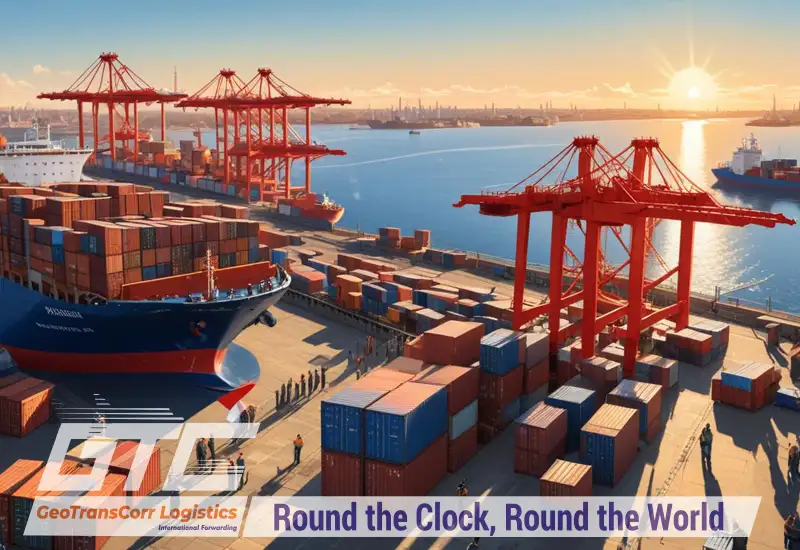
Challenges and Opportunities in Russia-Turkey Trade Relations
The trade relationship between Russia and Turkey is marked by significant challenges and promising opportunities.
Challenges
- Geopolitical Tensions: Political disputes and sanctions can disrupt trade flows and create market instability.
- Regulatory Hurdles: Complex customs procedures and differing regulations can lead to delays and increased costs.
- Economic Sanctions: Restrictions imposed by international bodies can limit the flow of certain goods and services.
- Logistical Challenges: Long distances and varying infrastructure quality complicate efficient transport and delivery.
- Currency Fluctuations: Exchange rate volatility can impact pricing and profitability.
Opportunities
- Diverse Market Potential: Complementary economies allow for a wide range of trade possibilities, from energy to consumer goods.
- Strategic Location: Both countries serve as key transit points between Europe and Asia, enhancing trade routes.
- Economic Growth: Rising demand and development in both nations offer opportunities for increased trade.
- Enhanced Bilateral Agreements: Improved trade agreements can reduce barriers and open new markets.
- Technological Advancements: Innovations in technology and logistics can streamline trade processes and reduce costs.
- Investment Opportunities: Attractive sectors for investment, such as energy and infrastructure, can boost trade and economic ties.
Addressing these challenges while capitalizing on available opportunities will be key to sustaining and enhancing the Russia-Turkey trade relationship. By leveraging their strengths and strategically managing obstacles, both nations can continue to build a mutually beneficial and resilient trade partnership.
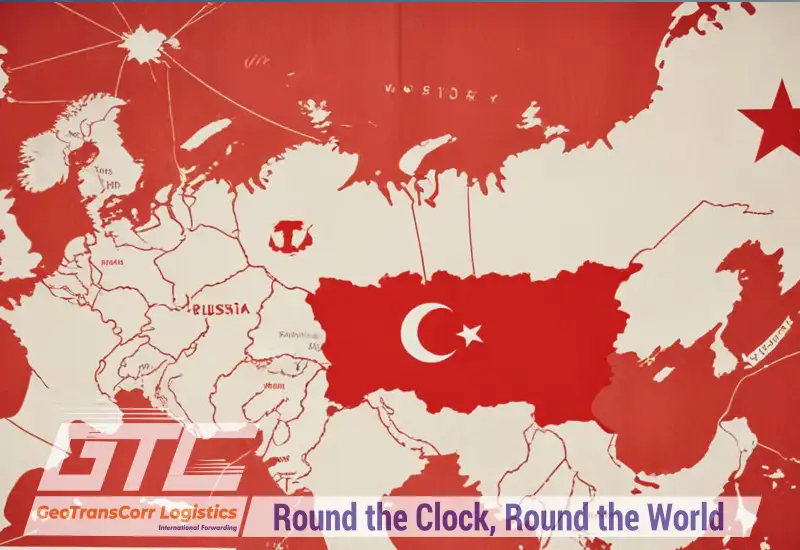
Conclusion
The trade relationship between Russia and Turkey is characterized by robust growth and mutual benefit, with both nations capitalizing on their respective strengths in agriculture, energy, and manufacturing. As these trade dynamics continue to evolve, they underscore the importance of strategic economic partnerships and the potential for further economic integration between the two countries.
Enhance your international trade operations between Russia and Turkey with GTC. Contact us today to streamline your logistics and ensure seamless, efficient deliveries.
